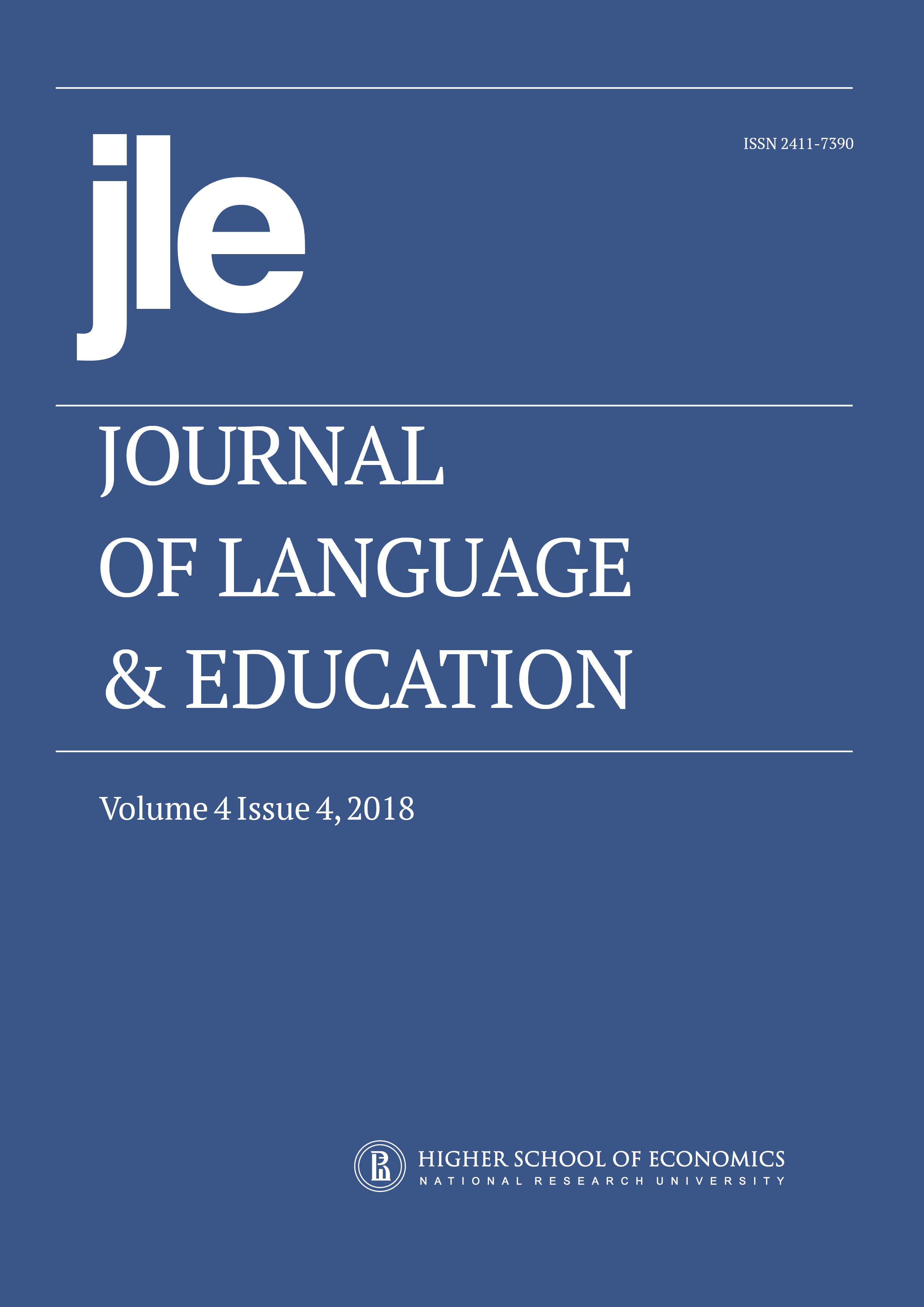Role Playing in Storytelling Classes and Its Impact on Iranian Young EFL Learners’ Narrative Writing
Abstract
The present study aimed to investigate the effect of role playing in storytelling classes on Iranian young EFL learners’ narrative writing. Forty-seven pre-intermediate young EFL learners who were within the age range of 9 and 16 participated in this study. They were members of four intact classes, which consisted of two classes of boys and two classes of girls. One class of boys and one class of girls were randomly assigned to the experimental groups and the other two to control groups. The researchers used the role-playing technique for storytelling classes in the experimental groups and only reading stories aloud for storytelling classes in the control groups. After the treatment, the Multivariate Analysis of Variance (MANOVA) was run to compare the four groups’ improvement on narrative writing. The results signified that the use of role playing in the storytelling classes had a significant impact on the narrative writing of Iranian young EFL learners as compared to the reading stories aloud technique. Furthermore, the findings showed that using role playing in storytelling classes enhanced learners’ understanding of the narrative writing style and patterns of the target language.
Downloads
Authors who publish with this journal agree to the Copyright Notice.



